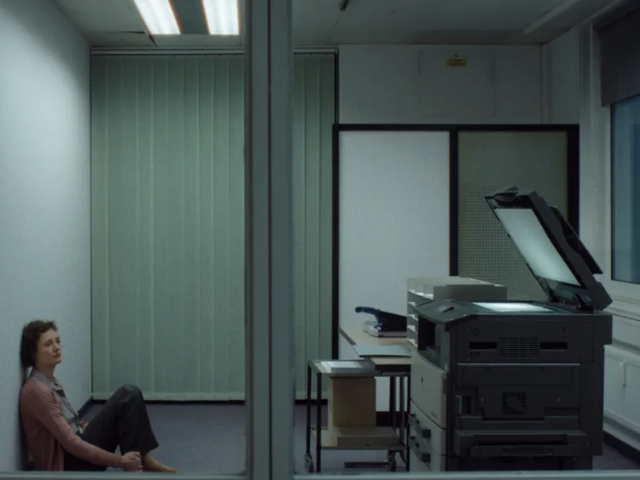
The credit goes to Dr Andrew Bastawrous who is an eye surgeon from London and has a long history of setting up free clinics and providing eye exams and treatment in developing countries.
Now, Bastawrous could be affecting the lives of countless visually impaired individuals globally.
There are 39 million blind people globally and in low-income countries 80 per cent the cases of blindness are curable.
Bastawrous said that the two main causes of eye problems are cataracts and refractive errors. "The majority is reversible. People who have been blind for decades, with help, can see again."
Legal drama could knock Hyperloop off track
It was this concept that motivated Bastawrous and his team to develop PEEK, the Portable Eye Examination Kit. To conduct research to develop the app, Andrew moved to Kenya in 2012 and set up 100 temporary eye clinics for the purpose of research to develop PEEK.
During a trial, Andrew and his team screened 21,000 Kenyan children in 9 days and will now begin screening another 300,000 in Eastern Kenya. Sub-Saharan Africa was the perfect place to conduct such a test due to the shocking statistic that more people there have access to smart phones then to running water.
PEEK is funded by a combination of prize money, crowd funding, academic grants and the Queen Elizabeth Diamond Jubilee Trust. The non-profit organisation has survived thanks to pro bono work from doctors and developers, and support from different universities.
The app itself functions as an eye test where the letter E is shown on the phone screen at different orientations. The patient points in the direction they see the letter and the examiner swipes in that direction. The results are available immediately after the test, with patients receiving a text recommending further treatment if necessary.
How much smarter are you than your smartphone, really?
Therefore, the potential uses of this app are huge, and it drastically cuts set up costs of eye clinics which require several expensive pieces of hardware. The app could be groundbreaking in health oriented development projects throughout the developing world.
This article originally appeared on CNN





1732707402-0/Untitled-design-(8)1732707402-0-270x192.webp)











COMMENTS
Comments are moderated and generally will be posted if they are on-topic and not abusive.
For more information, please see our Comments FAQ